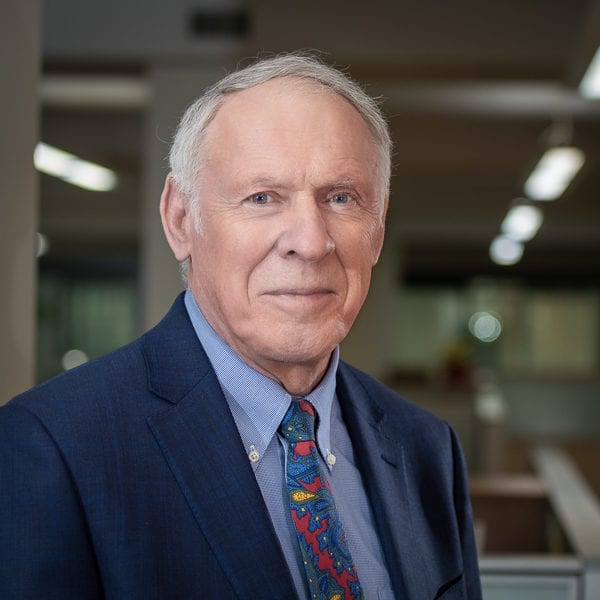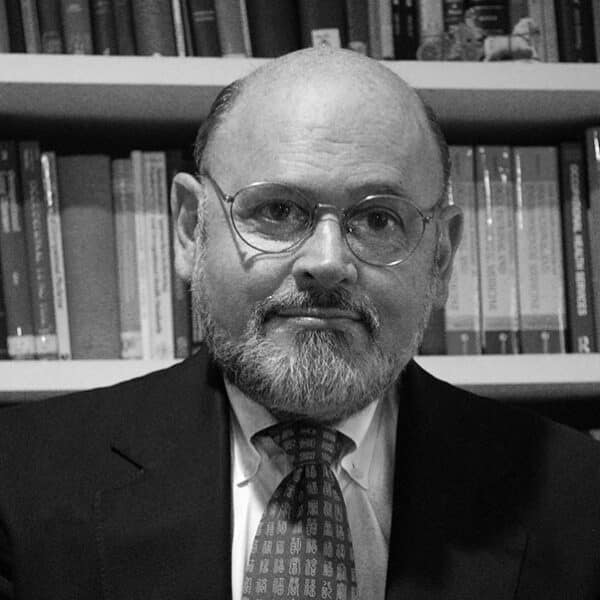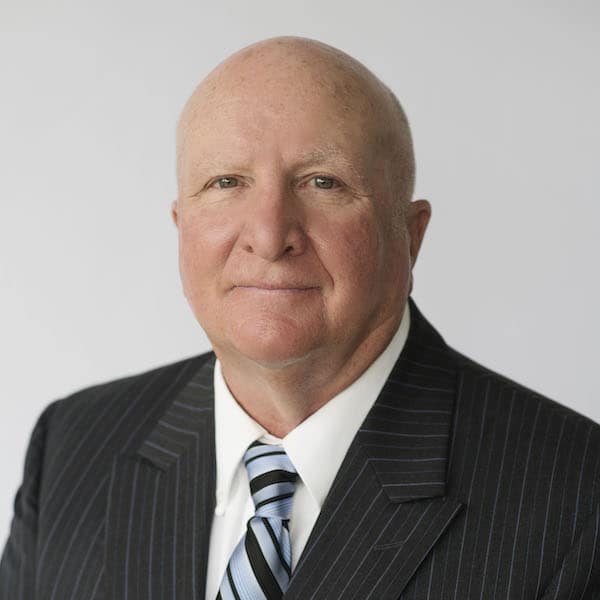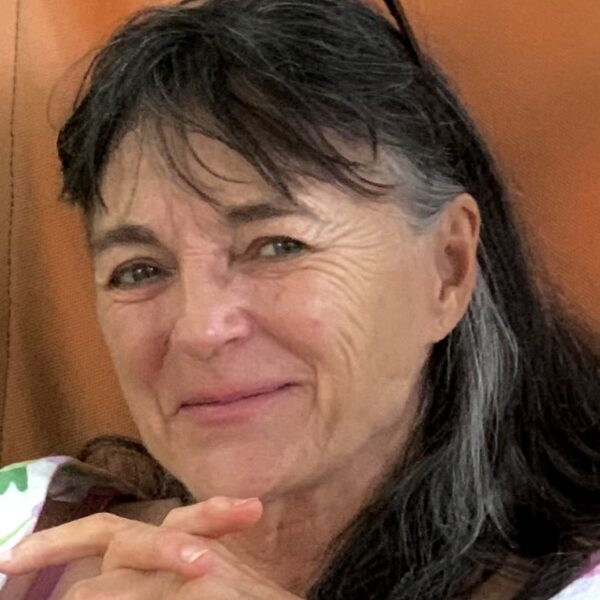William Leiss
As a Senior Advisor and Associate Expert with Risk Sciences International, Dr. Leiss contributes unparalleled insight into the design, delivery, and evaluation of risk communication strategies for government, regulatory bodies, and civil society. His legacy work in building public trust around controversial science and his decades of thought leadership on consensus-building, science-based policy, and societal responses to risk make him a foundational contributor to RSI’s mission.
He is regularly engaged by RSI for strategic input on stakeholder communications, regulatory transparency, and public messaging in high-stakes or crisis-prone contexts, drawing on both theoretical models and practical experience.
Pre-RSI
Dr. William Leiss is one of Canada’s most respected and widely published experts in risk communication, public policy, and science and society. With a career spanning over five decades, he has held prestigious academic positions and provided strategic advice to governments, regulatory agencies, and industry leaders across a broad range of public health and environmental issues.
From 1999 to 2005, Dr. Leiss held the NSERC/SSHRC Research Chair in Risk Communication and Public Policy at the Haskayne School of Business, University of Calgary—a position that solidified his status as a national thought leader in the emerging discipline of risk communication. Earlier academic appointments include York University, Simon Fraser University, and Queen’s University, where he served in both teaching and senior administrative roles.
Dr. Leiss has consulted extensively for Canadian federal and provincial government departments, as well as for major industrial sectors, offering expertise on complex and often controversial issues including pesticides, toxic chemicals, tobacco control, pharmaceuticals, genetic engineering, and electromagnetic fields. His work has been central to the design and evaluation of multi-stakeholder consultation processes and to the development of public-facing communications around science, health, and environmental risk.
He earned his PhD in Philosophy from the University of California, San Diego, following a Master’s degree in the History and Philosophy of Science from the University of British Columbia.
Publications associated with William Leiss
Principles of risk decision-making.
Risk communication of endocrine-disrupting chemicals: improving knowledge translation and transfer.
Men having sex with men donor deferral risk assessment: an analysis using risk management principles.
Assessing and managing risks arising from exposure to endocrine-active chemicals.
Health risks of electromagnetic fields. Part I: Evaluation and assessment of electric and magnetic fields.
Health risks of electromagnetic fields. Part II: Evaluation and assessment of radio frequency radiation.
Health risks of electromagnetic fields. Part III: Risk analysis.
Search all publications
Outside RSI
Dr. Leiss is the author or co-author of more than 10 major books and over 100 articles, many of which are foundational texts in the fields of risk analysis, science policy, and public communication of science. Notable works include Risk and Responsibility (1994), Mad Cows and Mother’s Milk (1997), In the Chamber of Risks (2001), and Precautionary Principle and Scientific Uncertainty (2006).
He is a Fellow of the Royal Society of Canada and a Member of the Order of Canada, among the highest academic and civic honors in the country. His lifelong contributions have shaped how institutions understand and act upon the challenge of communicating science and managing uncertainty in the public interest.
Now retired from full-time academic life, Dr. Leiss continues to write, lecture, and advise on matters related to public understanding of science, emerging technologies, and governance under uncertainty.


























